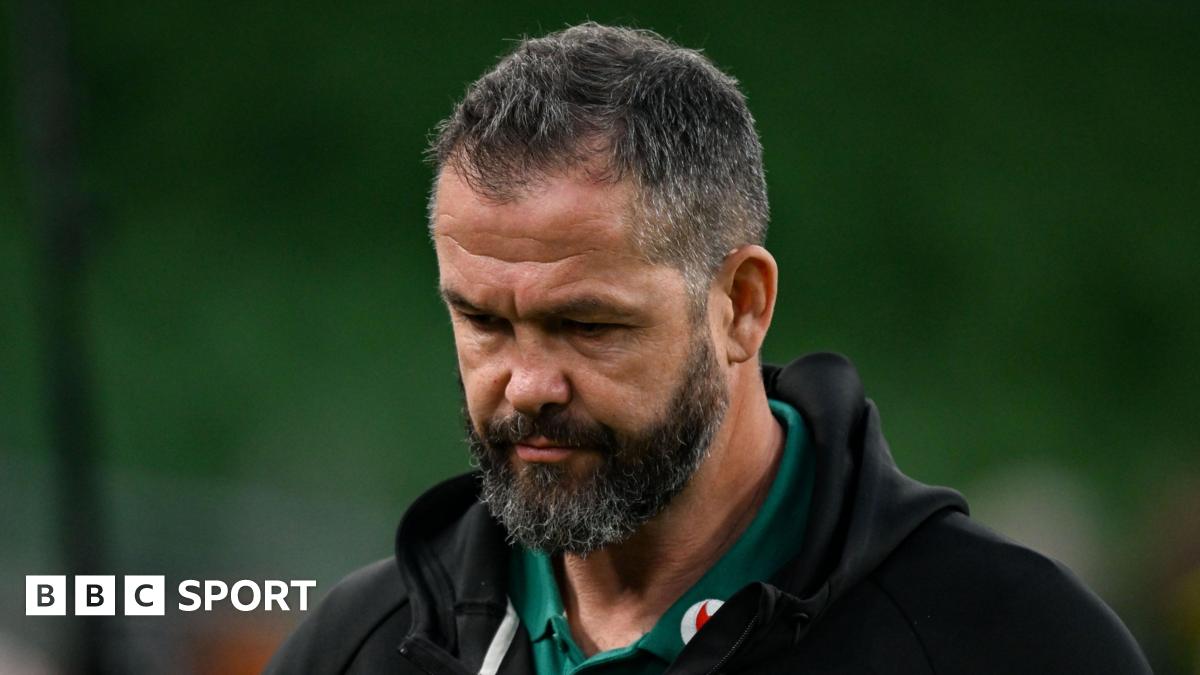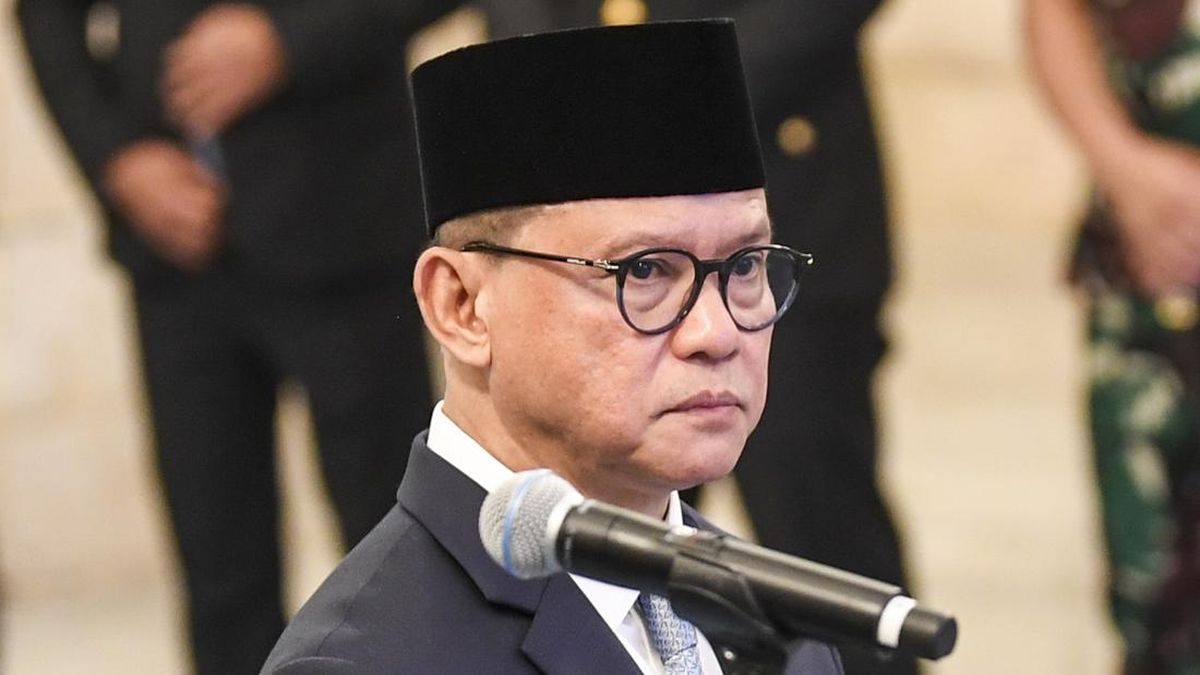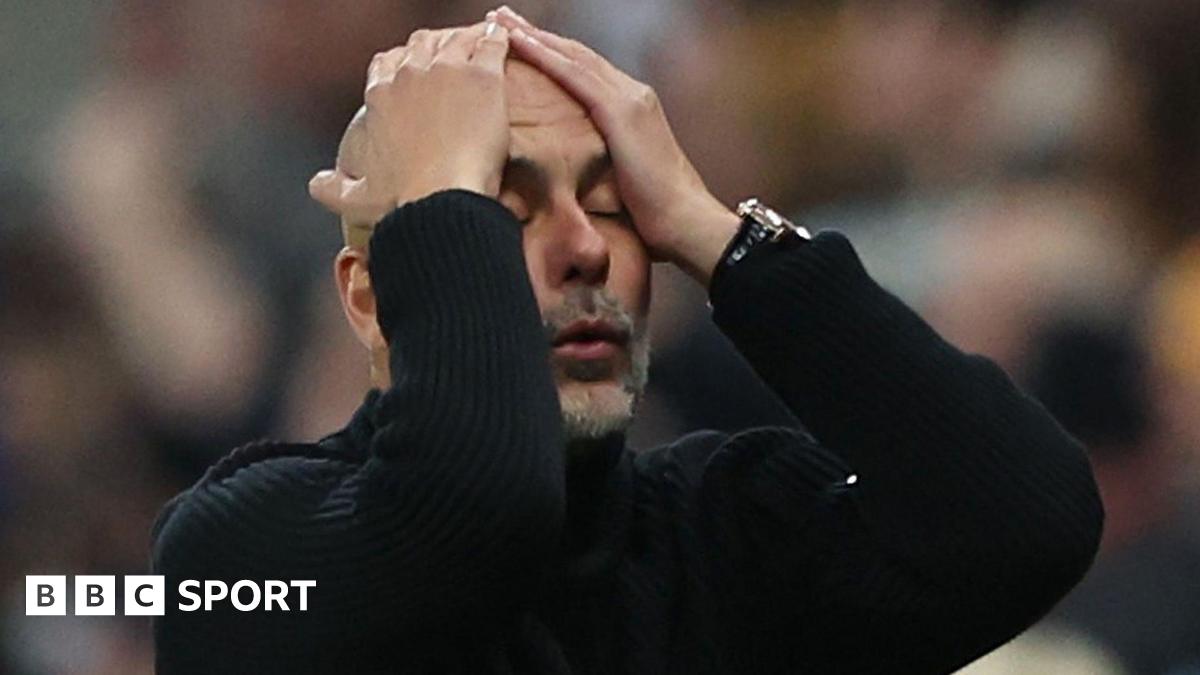Keefer, a self-proclaimed leftie who works as an emergency room doctor in his spare time, was speaking as part of a panel discussion alongside Centre for Independent Studies energy analyst Aidan Morrison and the free market think tank’s executive director Tom Switzer.
Lifting the ban was a “no-brainer” and the best hope to decarbonise the electricity sector globally, Morrison said.
However, WA Mining Minister David Michael said the government had no intention of changing the policy.
“Uranium mining is banned in Western Australia and the state government has no plans to change its existing policy,” he said.
“We know Western Australia will be a global renewable energy powerhouse into the future, and we must do everything we can to bring that industry alive.”
It’s the first time in the conference’s 34-year history its curtain-raiser keynote has taken the form of a panel discussion.
Loading
It was scheduled before the Coalition’s catastrophic federal election meltdown in May, when its nuclear power ambitions went up in flames.
Instead, Australia has been locked into what Morrison labelled an unachievable net-zero pipe dream pushed by the federal Labor government.
“There is no serious intellectual defence for the prospect that we would meet the net-zero targets in 2050,” he said.
“The characterisation of this energy transition meeting resistance, I don’t think it’s quite right.
“It stopped cold, stone dead, a year or two ago.”
The only thing keeping renewable energy projects viable was vast amounts of taxpayer subsidies, he said.
Keefer, tapping into his background in medicine, said the government should view the energy transition like a triage ward.
Decarbonisation is a noble goal, but policymakers need to make a sober analysis about how to mobilise limited resources of money, labour and time to have the biggest impact.
That means not throwing billions of dollars at unproven green hydrogen and putting it into things such as nuclear, Keefer said.
Decarbonising global steel production by replacing coking coal with green hydrogen would take the equivalent of the entire electricity production of the United States.
That would require about 1.2 million wind turbines; each one requiring 500 to 1500 tonnes of steel.
“So we’re just chasing our tail around and around,” Keefer said.
Australia needed to be clear-eyed about how quickly decarbonisation could be achieved, he said.
The world would eventually have to come to terms that its renewables targets won’t be reached and fossil fuels would have to be burned for longer to plug the gap.
That means discussing climate adaptation.
“You know, that’s taboo to talk about adaptation to climate change, to talk about geoengineering. And so we’re delaying doing the research on it, delaying doing the infrastructure building that we need,” Keefer said.
“This isn’t an argument that we do nothing to reduce carbon emissions, but it is an argument for realism, because a shared collective delusion is not going to create ideal and best policy.”
Loading
Green hydrogen true believer and WA mining billionaire Andrew Forrest was recently forced to abandon two projects and asked by the government to return upfront funding grants.
His green hydrogen dream has never looked less likely.
Forrest’s Fortescue Metals and the other iron ore majors are absent from the three-day Diggers and Dealers conference.
Behemoths such as Fortescue, BHP and Rio Tinto have financing streams û the forum’s purpose is to connect small and mid-cap miners to funders as they look to get more speculative projects off the ground.
Uranium producers Paladin Energy and Boss Energy were hoping to attract some investor interest amid a trying time for the sector, even without the prospect of a domestic nuclear energy market evaporating.
Boss Energy, the second-most shorted stock on the ASX behind Paladin, suffered an even more brutal 40 per cent sell-off after it warned traders it would miss its projected output at its Honeymoon uranium mine in SA.
But chief executive Duncan Craib said the industry was at an inflection point, with rising government support globally driving renewed strength in the uranium market.
It’s not the first time the Diggers and Dealers forum has heard calls to overturn WA’s uranium ban.
The 2024 conference was gatecrashed by then-opposition leader Peter Dutton, who railed against the policy as he advocated for his ill-fated plan to build a government-owned fleet of nuclear reactors.
AAP


















































